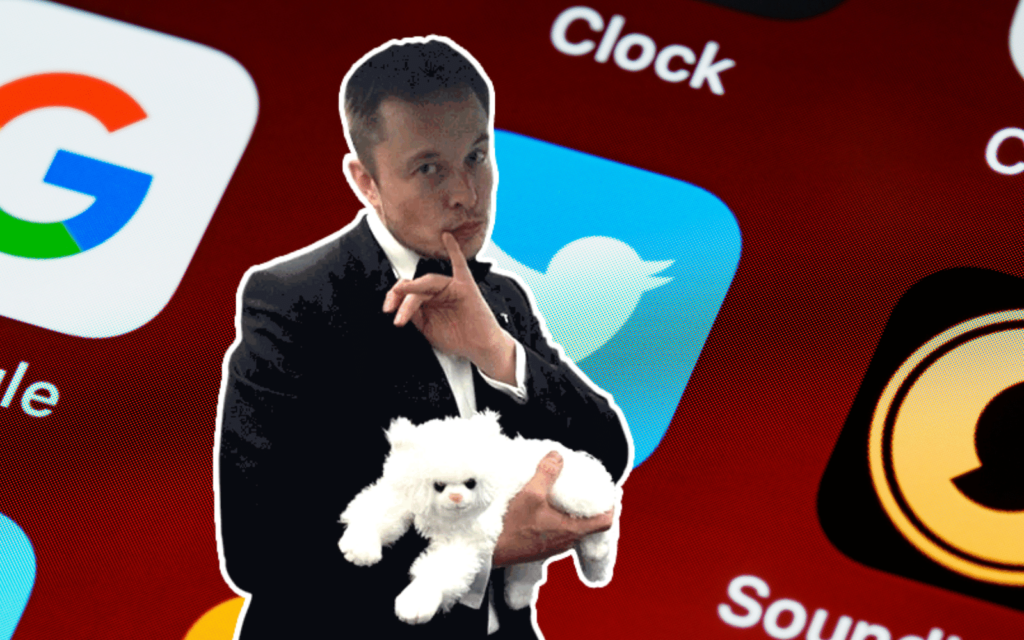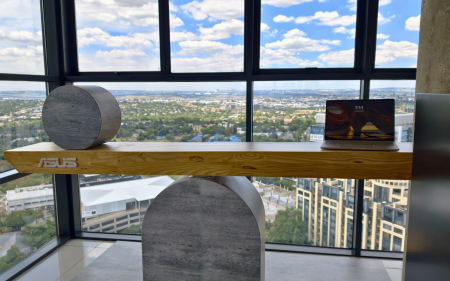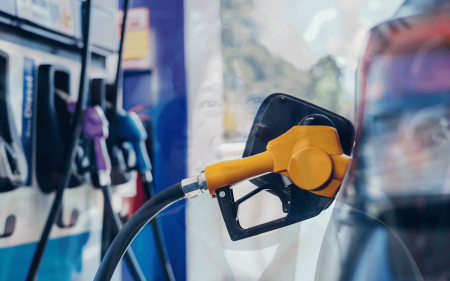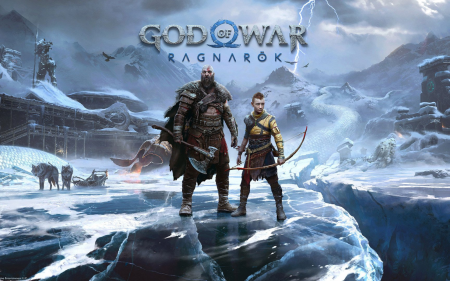A lot can change in three weeks. At the beginning of this month, Elon Musk was Twitter’s largest shareholder. A few days later, he was looking to take over the entire thing. This led to all sorts of worries and speculation, almost none of which has proved to be correct. So far.
Today? Today, Elon Musk has succeeded in his bid to take over Twitter. The final sum for the platform is $44 billion, or a little short of R700 billion. That’s less than twice the amount of money Eskom owes to… everyone.
Elon Musk wins?
So what’s going to change? That’s a little less certain than the fact that something is. Musk, the current head of both Tesla and SpaceX, describes himself as a free-speech absolutist. The obvious implication is that voices that were previously kicked off the platform — Donald Trump, Alex Jones, and pretty much everyone else you don’t agree with — are coming back.
Read More: Social media is broken, but government regulation isn’t the way to fix it
Which may not be a bad thing. Social media, as currently operated, is vulnerable to interference by government agencies. Twitter being privately owned might prove more resistant to these efforts. Making Twitter’s algorithm more transparent, getting rid of spambots and verifying all of the platform’s users — all of which Elon Musk claims to want to do — could go a long way towards making that happen.
The result could well be a social media platform that embraces the principles of free speech, as opposed to speech that suits the bottom line. Or it could turn into a multi-billionaire’s vanity project and collapse shortly after Musk’s purchase is made final. We’ll have to wait and see.
Twitter founder and former CEO Jack Dorsey appeared fairly optimistic about the deal, at least. He said, “Twitter as a company has always been my sole issue and my biggest regret. It has been owned by Wall Street and the ad model. Taking it back from Wall Street is the correct first step.”
Source: Reuters




